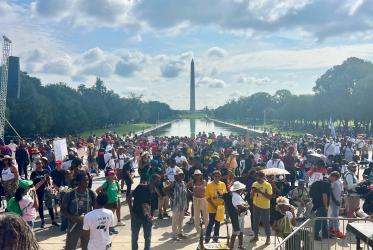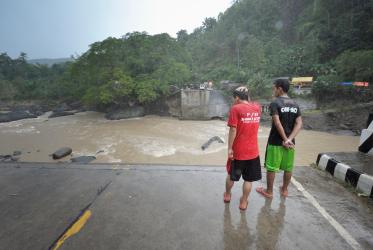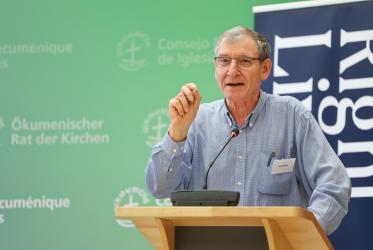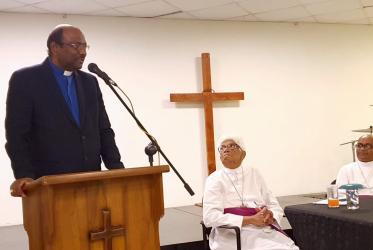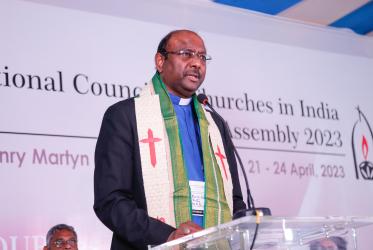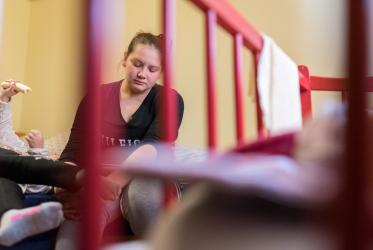Displaying 1 - 20 of 99
WCC to share key insights at World Social Forum
09 February 2024
Churches march in New York City to declare no faith in fossil fuels
18 September 2023
Ukraine: Responding to humanitarian need
08 September 2022
“Bathroom ministry” for the homeless
14 December 2021





